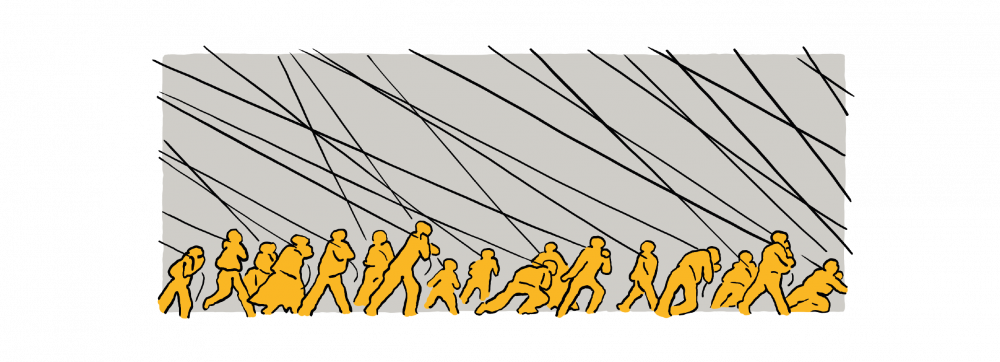The International Criminal Tribunal for the former Yugoslavia (ICTY or Tribunal) will officially close its doors on December 31, 2017. The ICTY has indicted 161 persons, there are ongoing procedures for 7 accused (with Ratko Mladic currently at trial), while proceedings for 154 accused have been concluded. Has the Tribunal fulfilled its mandate? Has it met its responsibility to bring to justice those most responsible for the atrocities committed during the Yugoslav wars of the 1990s? Is the region better or worse off because of the Tribunal?
This semester the SEELAB organizes two panels with a focus on the ICTY work:
Panel 1, October 25 2017, 18:00-20:00, Faculty meeting room, Blandijnberg 2, first floor
The Unfinished Trial of Slobodan Milošević: Justice Lost, History Told will focus on the record of the trial of former Serbian leader Slobodan Milošević at the International Criminal Tribunal for the former Yugoslavia (ICTY). Unlike other studies of the trial, Dr. Tromp’s analysis relies primarily on the trial record and advances the notion that such a record, even where the trial is unfinished, is a unique historical source that can shape the narrative of a conflict. Snapshots of behaviour displayed by Milošević in court and quotations of things he said while conducting his defence in combination with passages of carefully selected evidence from an immense archive familiar to few scholars, reveal the trial record as a truly invaluable source of history.
Panel 2, November 22 2017, 18:00-20:00, Faculty meeting room, Blandijnberg 2, first floor
His or her language: linguistic justice or cutting corners at the ICTY will address the usage of language at the ICTY. Ekavian (Serbia) or ijekavian (B&H and Croatia) speech became strongly associated with national, ethnic, and political identity during the nineteenth-century and it continues to be associated as such to this day, so language variance became a political statement. ICTY Statute and ICTY Rules of Procedure and Evidence, two major documents that regulate language-related rights, duties and obligations of the parties to the proceedings, give defendants the right to use “his or her language” in direct communications with the court, and for the purposes of translation and interpretation. But, although these language entitlements were clearly defendant-centric, there was an a priori knowledge on the part of ICTY management that, when translating and interpreting, victims and witnesses’ language also had to be taken into consideration. One of the first ICTY Annual Reports acknowledges that the judges are very much aware that there may be considerable reluctance on the part of witnesses to appear before the Tribunal to testify because principal witness against the perpetrator of a crime will be the victim, that the crimes against civilian population have been committed on, inter alia, ethnic grounds, and that the judges have never allowed themselves to lose sight of the fact that victims and witnesses have rights worthy of protection. CLSS management, the language services provider to ICTY, were also aware that victims should not be upset by being exposed to hearing the linguistic variance of their aggressor, claiming to have handpicked interpreters as to their ethnicity and to have instructed their interpreters to refrain from using vocabulary associated with the Croatian language. So, were the Muslim victims of Serb and Croat crimes or the B&H citizens as in whole served linguistic justice on the level of direct communications with the court, and for the purposes of translation and interpretation?
More information: http://www.slavistiek.ugent.be/SEELAB.
